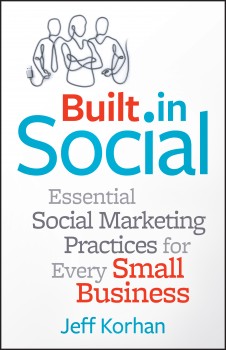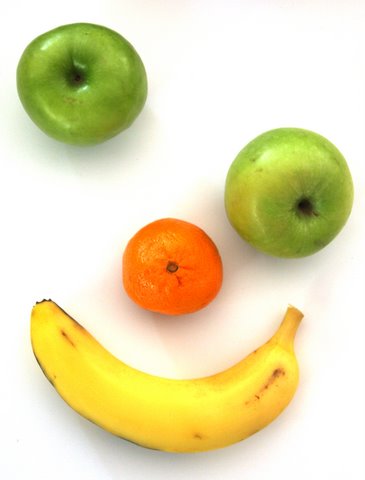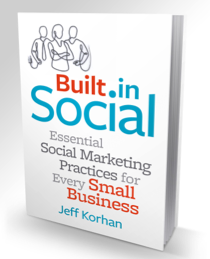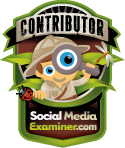
The Social Marketing Process ©Jeff Korhan
The art of marketing has always been about making meaningful connections with ideal buyers.
Modern marketing is a practice that is new to most small businesses. Prior to that small businesses made meaningful connections through selling, not marketing.
One of the reasons for this is that most of the media available in recent decades, including magazines, radio, and television advertising, were far too costly for the average small business.
The Early Days of Modern Marketing
In the early days of marketing, impressions were a common metric that media agencies measured. The idea was the more times an ad was served to a target audience, the more likely it would stimulate buying behavior.
That’s not a problem anymore. In fact, these days the practice of focusing on impressions is considered spamming.
Every business has the capability to use technology to achieve countless impressions, and that is possible with even the smallest budget. As a result, we have gone full circle.
Now we are right back to where we started – seeking to use social media marketing to make meaningful connections with our ideal buyers. This requires practice, training, skill, and a bit of good fortune does not hurt either.
Digital marketing requires a strategic approach and committed focus. In the earlier days, most small businesses used the same forms of marketing — advertising in local newspapers and telephone books (Yellow Page advertising).
Today, mainstream small businesses have moved their focus to Facebook.
Is that the best approach for your business? It may well be, but the truth is achieving results with Facebook is challenging, because the changes are ongoing and many.
Whereas, by comparison, Twitter largely works today as it did in its early days. One could argue the same is true for LinkedIn and more recently, Google+.
These Are Early Days for Small Business
It’s true that the good old days of Twitter were five or six years ago. I was there, and I can say that getting in early was a lot of fun. It enabled me to learn by rubbing shoulders with leaders such as Chris Brogan, John Jantsch, and Mari Smith.
There are really two early days here: this thing that we once referred to as new media, and its use by respective business communities. New media is no longer new, but its use by many small businesses is.
I was delighted to hear my friend Michael Stelzner comment in a recent television interview that we are indeed in the early days of social media. That has certainly been my experience from speaking to small business groups in multiple industries, including retail, franchising, agriculture, construction, and hospitality.
It was that experience that led to my authoring Built-In Social: Essential Social Marketing Practices for Every Small Business. Today I’m celebrating its official release – and that is exciting, because I’m proud of the result.

The challenges and opportunities for small businesses are much the same from one industry to the next. Blogging and content marketing are still practiced by just a few. Although, nearly everyone is waking up to the fact that it is a practice that effectively attracts leads that drive their social media engagement.
What’s Next for You and Me?
Those of us that have been doing this for a while have learned two things:
a. What works for you may not work for my business, but I can still learn from your practices.
b. You have to make this a practice, expect to make mistakes, and then find a business model that works.
What I find fascinating is how social media amplifies our strengths, weaknesses, and personal qualities and capabilities.
For example, I could never match the personal magnetism of Mari Smith, the productivity of John Jantsch, the community focus of Chris Brogan, or the business-mindedness of Michael Stelzner – but I can learn from them.
And so can you.
Early days means you have plenty of time to find your way. What are your unique qualities that will best help your communities? That’s what’s next for you – and me.
Find it.
Show up – and show us who you are. You’ll probably surprise yourself, and make a significant contribution as a result.
Are you ready?
About the Author: Jeff Korhan, MBA, helps mainstream small businesses create exceptional customer experiences that accelerate business growth. Get more from Jeff on LinkedIn, Twitter and Google+.
Jeff is also the author of Built-In Social: Essential Social Marketing Practices for Every Small Business – Released April 15, 2013 (Wiley)



